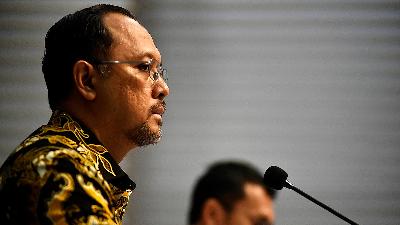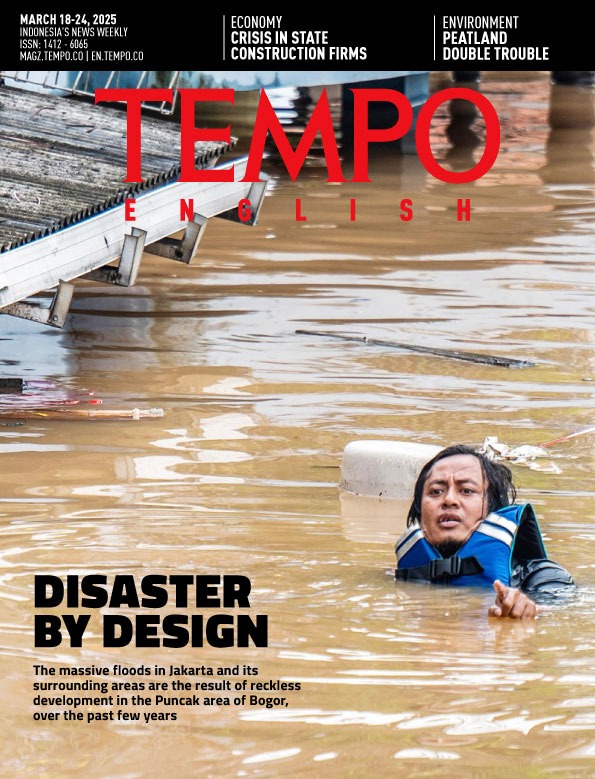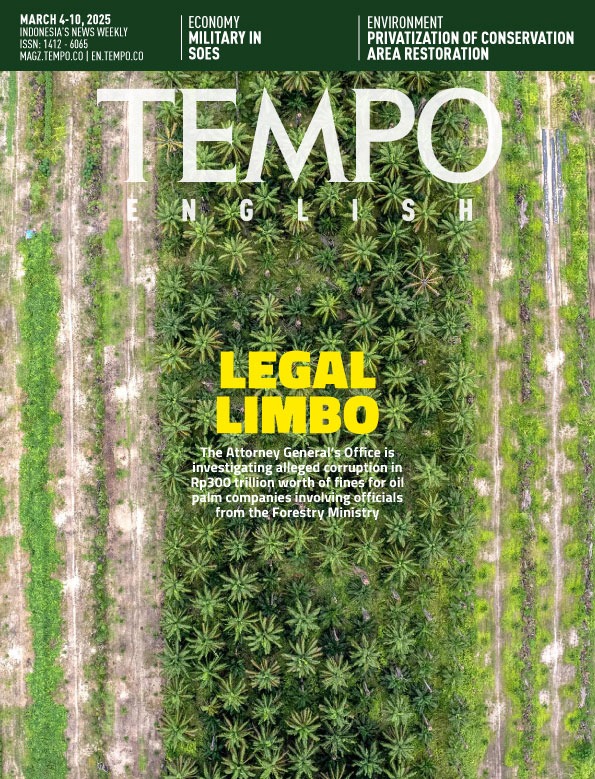The Irony of Industrial Gas Crisis
Monday, January 6, 2025
PGN’s gas supply for industrial customers fell sharply this year, resulting from poor management of the energy and gas business.
arsip tempo : 174300682146.

THE gas crisis threatening the industry should not be taken lightly. The industry has become the backbone of the economy with its productivity that provides jobs, drives exports, and increases investment opportunities. Meanwhile, gas, like other energy sources, is at the heart of all these processes. Shortage of gas, therefore, could be devastating not only for industry players but the economy as a whole.
It is regrettable that the industrial gas crisis could recur this year. The situation could even be worse. Starting in January 2025, the gas supply from the Corridor Block managed by Medco Group is reduced by almost half, from 410 billion British thermal units (BBTUD) per day last year to 271 BBTUD. State gas company PGN, as the buyer and distributor of gas to industrial users, is overwhelmed because the gas deficit for its customers in the western Java distribution area will swell.
The problem faced by PGN—listed under the code PGAS on the stock exchange—may not be too bad. The gas subholding of Pertamina, which is the main actor in the gas pipeline network, can still make money from other distribution areas, such as eastern Java that has a surplus of supply. However, the situation is much different for customers.
In the western Java distribution area, especially West Java and Banten, at least 1,500 industrial units survive on gas. In addition to the electricity sector, these thousands of PGN customers engage in petrochemical, food and beverage, fertilizer, and ceramics industries. The shortage of gas will hit them hard. If the situation becomes worse, they could move their production units or even go out of business, which will surely be followed by a wave of mass layoffs.
This presents an ironic situation. Like a rooster dying in a barn, the gas-using industry is gasping for fuel in a country with abundant natural gas resources. As of February 2024, referring to data from the Upstream Oil and Gas Regulatory Special Task Force, Indonesia has a proven gas reserve of 55.76 trillion cubic feet that is estimated to last for 22 years in the future.
The root of the problems lies in poor management of domestic gas energy and business. This industrial gas crisis is nothing new. The prescription to overcome it has also been written more than a decade ago in various government and PGN work plan documents. The government must accelerate the development of new gas fields because the production capacity of old wells is inevitably declining. With state assistance, the company also needs to facilitate access to the domestic gas market, by providing distribution infrastructure, in particular.
However, government policies, as well as PGN management, have been inconsistent and are often at odds with the solution needed. Production in major gas fields, such as the Masela Block in Maluku, and the Indonesia Deepwater Development project in East Kalimantan, is hindered by reckless policies of the previous administration. When several liquefied natural gas (LNG) project began production, PGN was unable to move quickly to absorb it because the company was too complacent in the pipeline gas business that relies on old wells.
The government and PGN’s negligence towards this latent problem should raise suspicion that the repeating gas crisis is intentional. It is not a secret that the business is tied to countless amounts of dollars. Market distortions always present an opportunity for rent-seekers, while the national economy bears the brunt.











